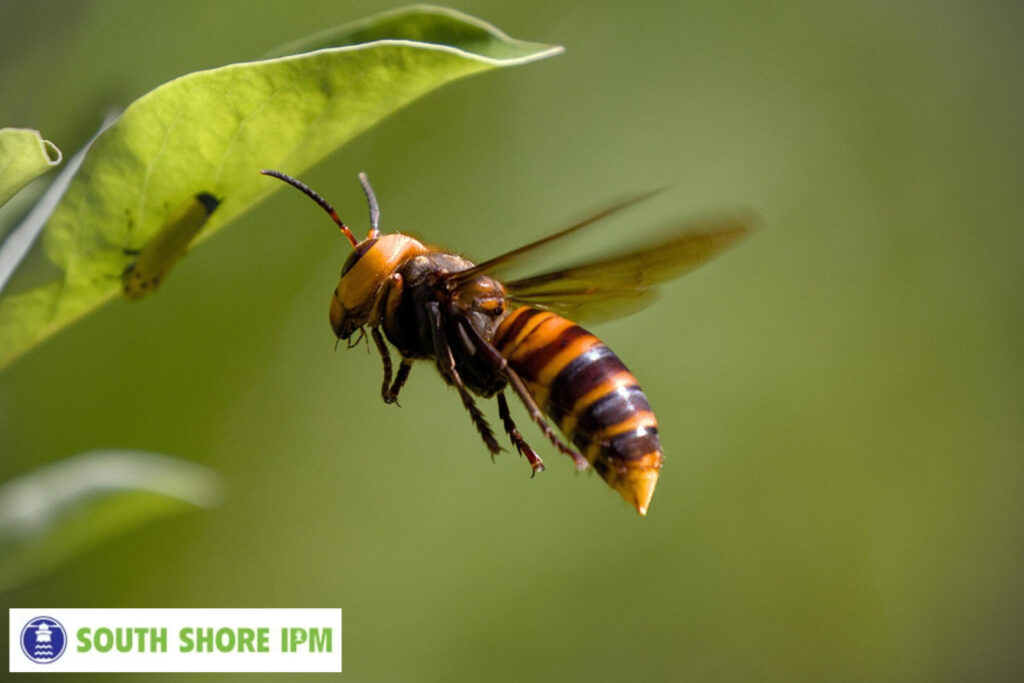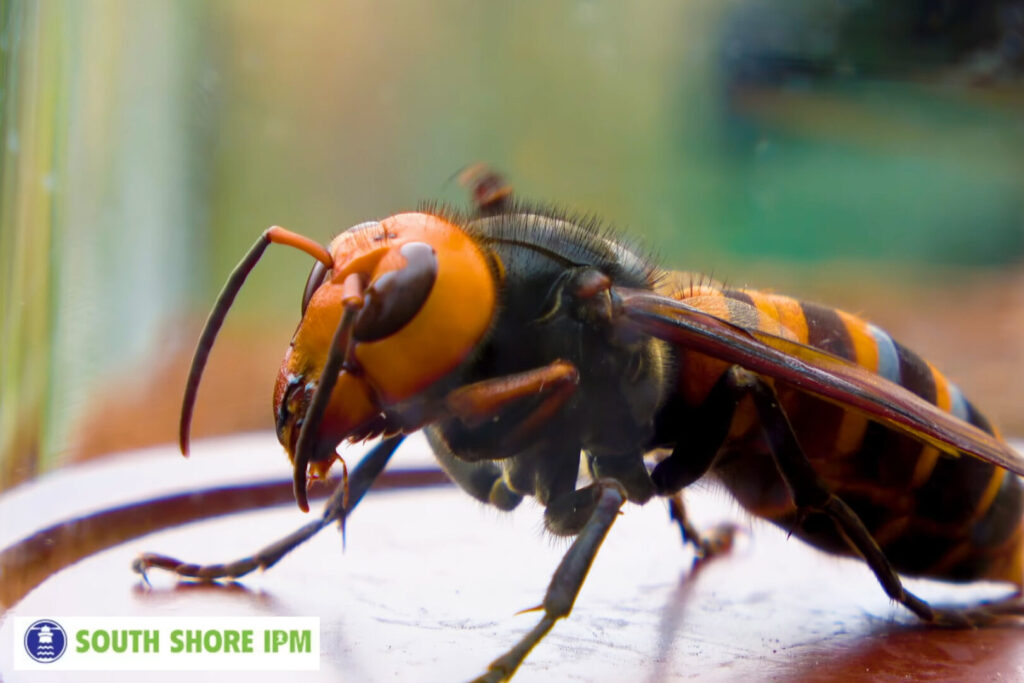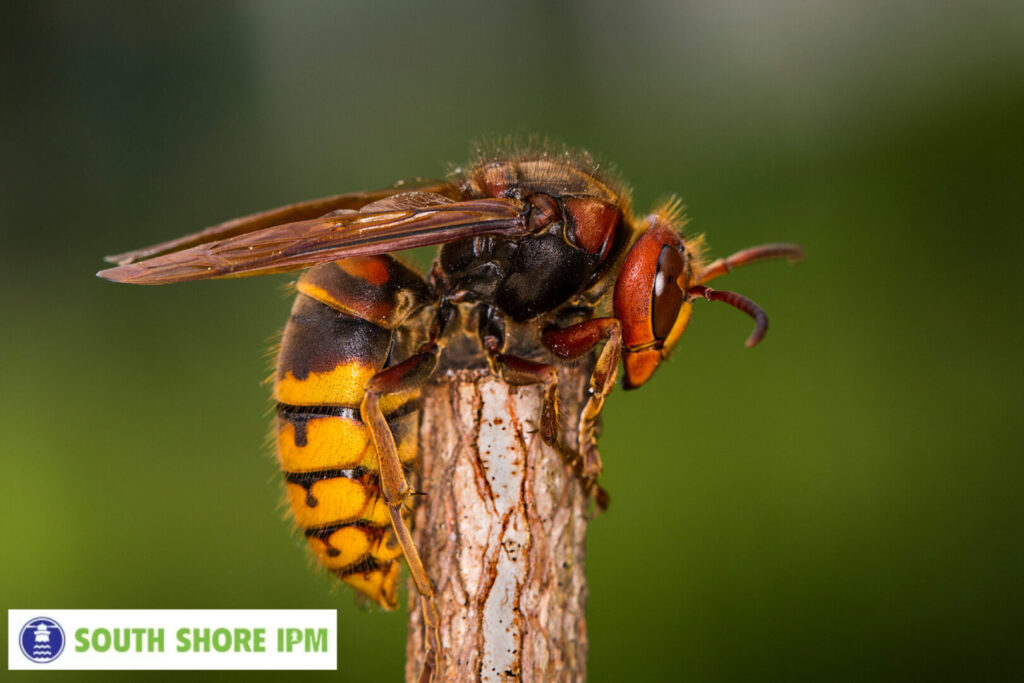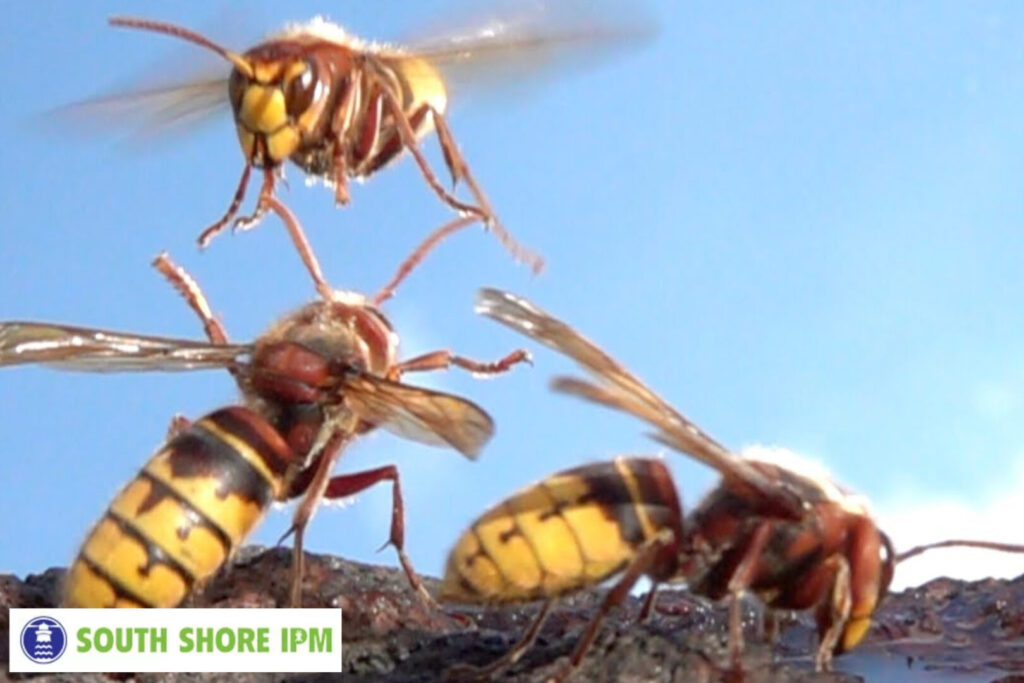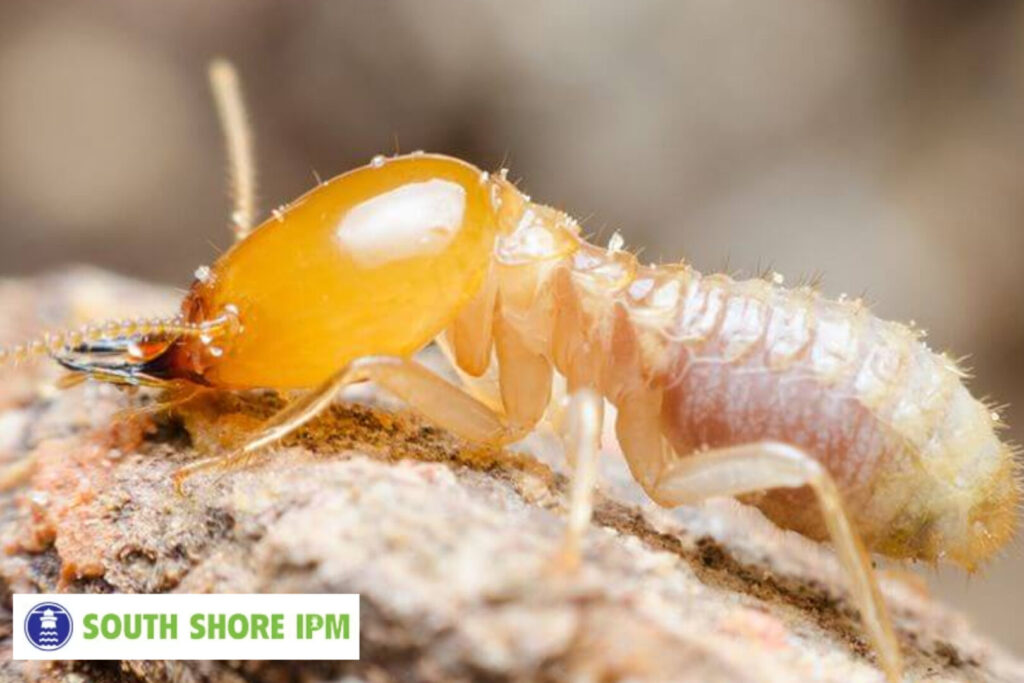How to Treat a Bald Faced Hornet Sting
If you’ve ever had an encounter with a bald faced hornet, you already know they don’t play around. Known for their aggressive nature and painful stings, these black wasps with white stripes can turn a peaceful backyard experience into a chaotic retreat. Whether you’re a homeowner, hiker, or simply enjoying the outdoors, understanding how to treat a bald faced hornet sting can help you manage symptoms quickly and reduce the risk of serious allergic reactions.
What Is a Bald Faced Hornet?
Despite their name, bald faced hornets aren’t true hornets; they’re actually a type of yellowjacket. These stinging insects get their name from their black bodies and distinct white facial markings, which also earns them the nickname black wasp with white stripes. Bald faced hornets are known for their aerial paper nests, which are usually built in trees, shrubs, or on buildings. They are territorial and will defend their nests aggressively if disturbed.
Are Bald Faced Hornet Stings Dangerous?
Yes, they can be. A bald faced hornet sting is typically more painful than that of a bee due to the higher concentration of venom. The sting causes immediate pain, swelling, and redness. For those who are allergic, stings can be life-threatening and require emergency medical attention. Unlike honeybees, bald faced hornets can sting multiple times, making them a serious threat during an attack.
First Aid: How to Treat a Bald Faced Hornet Sting
Step 1: Get to a Safe Location
After being stung, move away from the area immediately. Bald faced hornets release alarm pheromones when they sting, which can attract more hornets to the scene.
Step 2: Clean the Area
Gently wash the sting site with soap and cool water to reduce the risk of infection.
Step 3: Apply a Cold Compress
Use a cold compress or ice pack wrapped in a cloth to reduce swelling and numb the pain. Apply for 10-minute intervals.
Step 4: Use Over-the-Counter Remedies
- Antihistamines like Benadryl can help control itching and swelling.
- Pain relievers such as ibuprofen or acetaminophen can ease discomfort.
- Hydrocortisone cream can help calm localized inflammation.
Step 5: Monitor for Allergic Reactions
Seek immediate medical help if you notice any of the following:
- Difficulty breathing
- Swelling of the face or throat
- Rapid heartbeat
- Dizziness or fainting
An allergic reaction can develop quickly, so do not delay treatment if symptoms worsen.
Home Remedies for Mild Symptoms
If you’re not allergic and the symptoms are manageable, you may try some of the following home remedies:
- Baking soda paste: Mix baking soda with a bit of water and apply it to the sting site to neutralize the venom.
- Vinegar: Dab with a cotton ball soaked in vinegar to help neutralize the alkaline venom.
- Aloe vera gel: Provides soothing relief and helps reduce swelling.
When to Call the Professionals
If you’re seeing frequent hornet activity around your home or you’ve discovered a nest, it’s time to seek professional help. Attempting to remove or treat a hornet nest on your own can be extremely dangerous. Whether it’s a large aerial nest or a mud hornet nest, never attempt DIY removal without proper training and equipment.
Search for licensed and experienced pest control Milton services for hornet nest removal or hornet control near me to ensure the safety of your family and property.
How to Prevent Future Stings
- Avoid strong perfumes and brightly colored clothing when outdoors.
- Keep food and drinks covered during picnics or outdoor events.
- Check around your home regularly for early signs of nests.
- Seal garbage bins tightly and clean up fallen fruits in your yard.
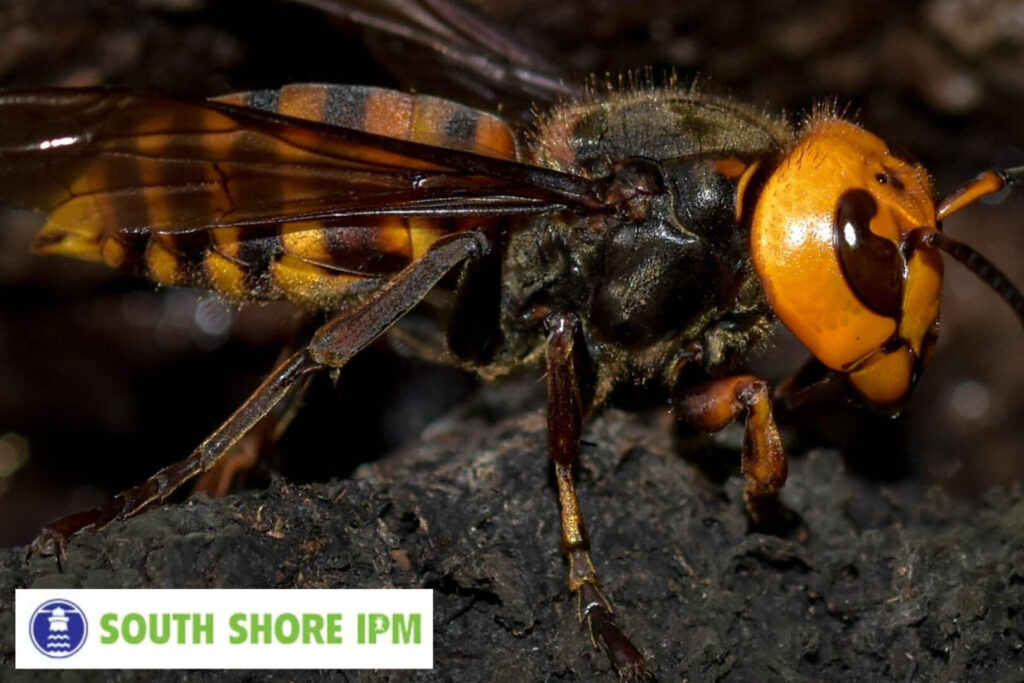
Trusted Help for Pest Control in Milton
If you live in the area and have been dealing with hornets, wasps, or other stinging insects, seeking professional pest control Milton services is your best bet. While searching online, many people look up exterminator Milton, but it’s important to choose a team that uses eco-conscious solutions and personalized treatment plans that protect your home without overuse of harsh products.
About South Shore IPM
South Shore IPM is your trusted partner in creating pest-free environments. Located in Massachusetts, our team is dedicated to providing safe, effective, and eco-friendly pest management solutions for homes and businesses. Whether you’re dealing with stinging insects, rodents, or termites, we offer customized service plans to fit your specific needs.
We specialize in the control of ants, ticks, mosquitoes, rats, and more. Our treatments use green and safe pesticides to create a protective shield around your home keeping pests out without compromising your family’s health.


